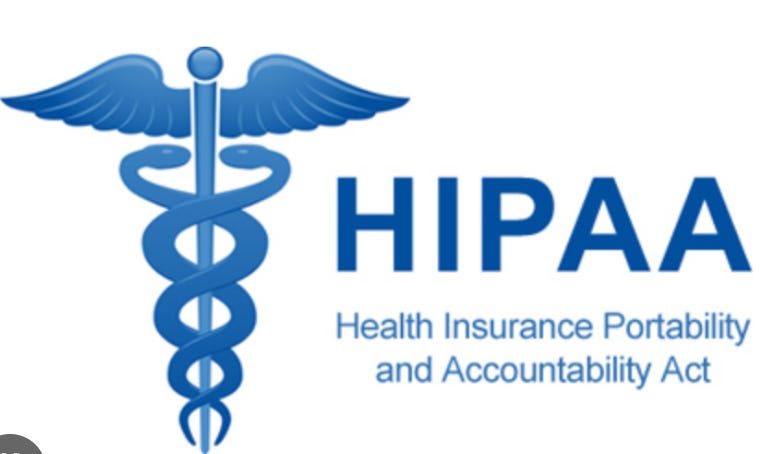Concerns over healthcare privacy may conflict with some states’ efforts to investigate abortion as a criminal matter.
That’s the topic of a new piece written by Adam Greene and Rebecca Williams, lawyers at Davis Wright Tremaine. The major concern for doctors and patients is that sensitive medical information pertaining to reproductive care may be disclosed to officers in commonwealths where the procedure is illegal or severely limited. That also puts healthcare providers in a tough situation where they may have to decide whether to follow federal guidelines provided by HIPAA or those given by state law.
On April 17, employees with the U.S. Department of Health and Human Services proposed several amendments to the HIPAA law that would prohibit disclosing sensitive information to law enforcement when it deals with reproductive treatment.
“It only preempts state law in certain circumstances,” Greene said. “So what HHS essentially is proposing is to look at the lawfulness of the reproductive health care services and to really defer to that.”
Abortion would be protected within VA hospitals and those seeking care in states where it was legal. HIPAA wouldn’t protect someone if the procedure is illegal in a state and not protected by federal law.
“They really walked the middle ground,” Greene said.
The biggest wrinkle, Greene says, will be when there is a conflict between state and federal law. Healthcare providers could be held in contempt by state courts if they don’t provide the information to law enforcement. But they could violate HIPAA if they do so.
As with many things now, the federal and state judiciaries will determine the jurisprudence these matters abide by. These cases haven’t appeared in court yet. Greene suspects federal judges would uphold federal law whereas state judges would uphold state regulations.
“It's a confusing mess,” Greene said. “And it's gonna be I think, many years until we see how all of this plays out in the courts. And that leaves healthcare providers in a precarious position because all this ambiguity makes it tougher for them to provide services that put their license at risk.”




